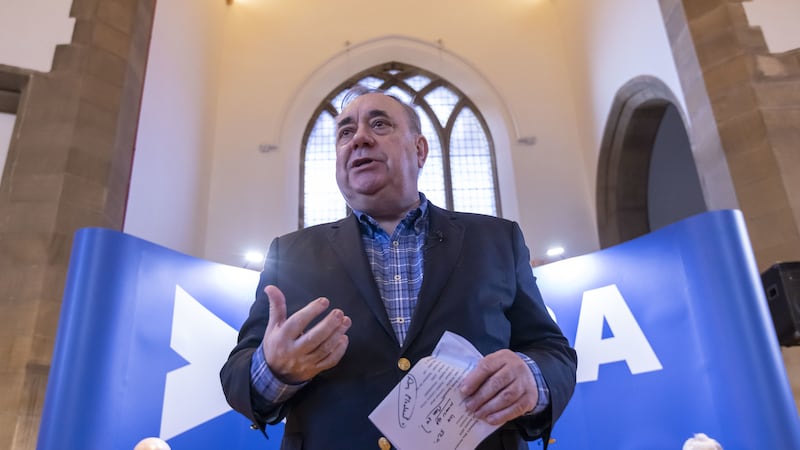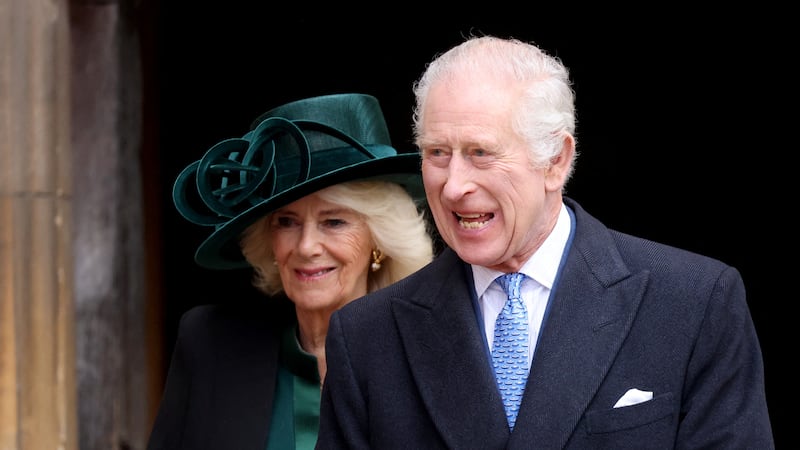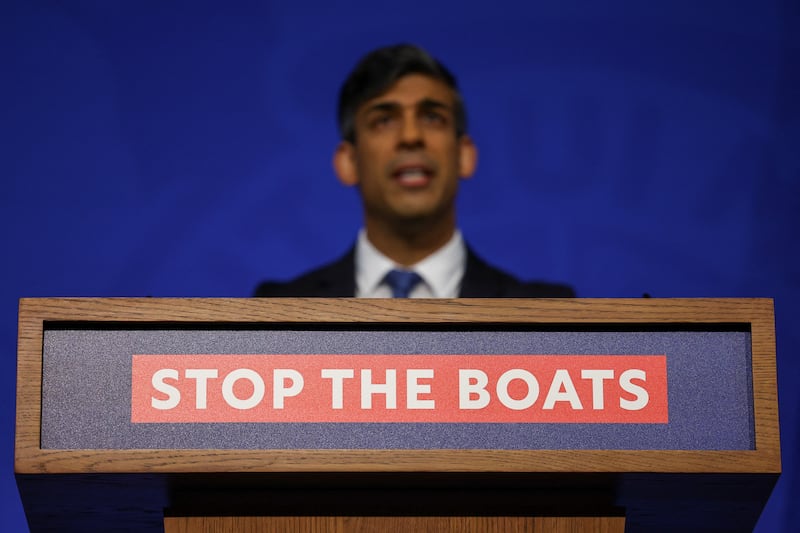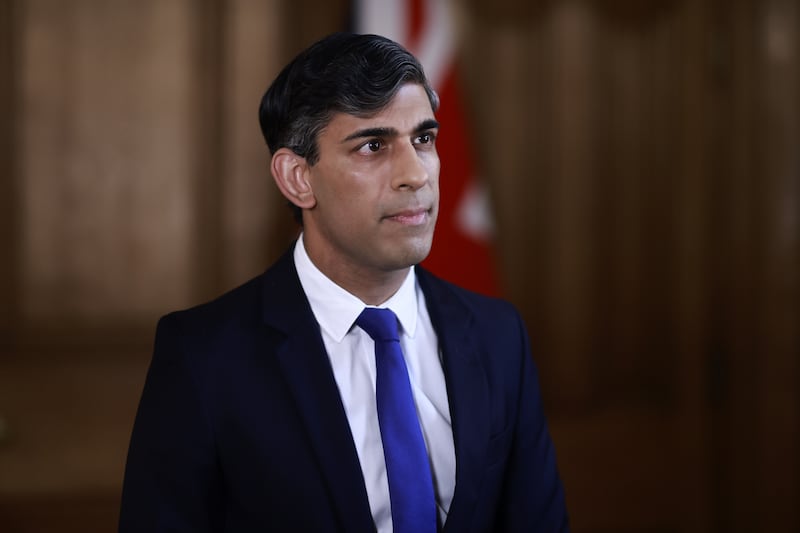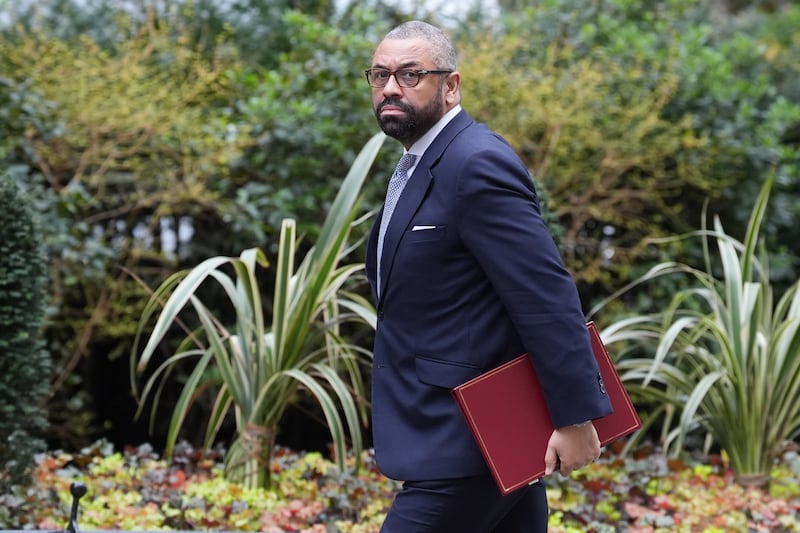WARNINGS that Stormont could be ill-prepared for a Brexit were sounded months ago by an influential Westminster group.
The House of Lords EU select committee reported in March that the referendum had "specific implications" for Northern Ireland but voiced concern about a "lack of dialogue" around the issue.
"Effective engagement with the devolved institutions in Northern Ireland proved particularly challenging," the report stated.
Ulster Unionist leader Mike Nesbitt, who was one of those who gave evidence the committee last November, yesterday called on the head of the civil service Malcolm McKibbin to say what work is being undertaken to asses the impact of last week's Brexit vote.
He said "clarity and reassurance" was required during in a period of uncertainty to demonstrate that those at the executive are "not asleep at the wheel".
"It is surprising that the Northern Ireland Executive does not have a contingency plan," the Strangford MLA said.
"It is clear that neither the British government nor the EU have a plan – what is shocking is that the leaders of the Brexit campaign are equally clueless about the way forward."
During their inquiry the peers spoke to several Northern Ireland-based academics, including David Phinnemore, professor of European politics at Queen’s University Belfast.
The report notes that he "agreed that there had been no engagement of the Northern Ireland Executive or the political parties in the process".
Fellow QUB academic Cathal McCall said the lack of engagement was "in part because the recent focus had been on stabilising and reforming the Northern Ireland power-sharing institutions", culminating in last year's Fresh Start agreement.
British Home Secretary Philip Hammond told the peers: "Unfortunately, we have not had a similar level of discussions – as with the Scottish government – with the Northern Ireland ministers, because of the challenges that there have been over the past six months in Northern Ireland."
He said he had written to the then First Minister Arlene Foster and Deputy First Minister Martin McGuinness to see whether "even at this late stage" they would like to discuss the implications of the referendum. The Stormont leaders travelled to London in March for a meeting with Mr Hammond.
According to the Executive Office, Ms Foster and Mr McGuinness set out their opposing views but were agreed on the need for space between the assembly election campaign and the referendum.
The report highlighted how both Welsh First Minister Carwyn Jones and his Scottish counterpart Nicola Sturgeon engaged with the peers during in their inquiry.
SDLP MLA Claire Hanna claimed the report made it clear that there was "absolutely no plan" for what would happen in the event of a Leave victory.
"Despite their small army of special advisers and civil servants, they appear to have carried out no coherent assessment of the impact Brexit would have – which appears to be more or less the exact opposite of what the Leave campaign promised," she said.

